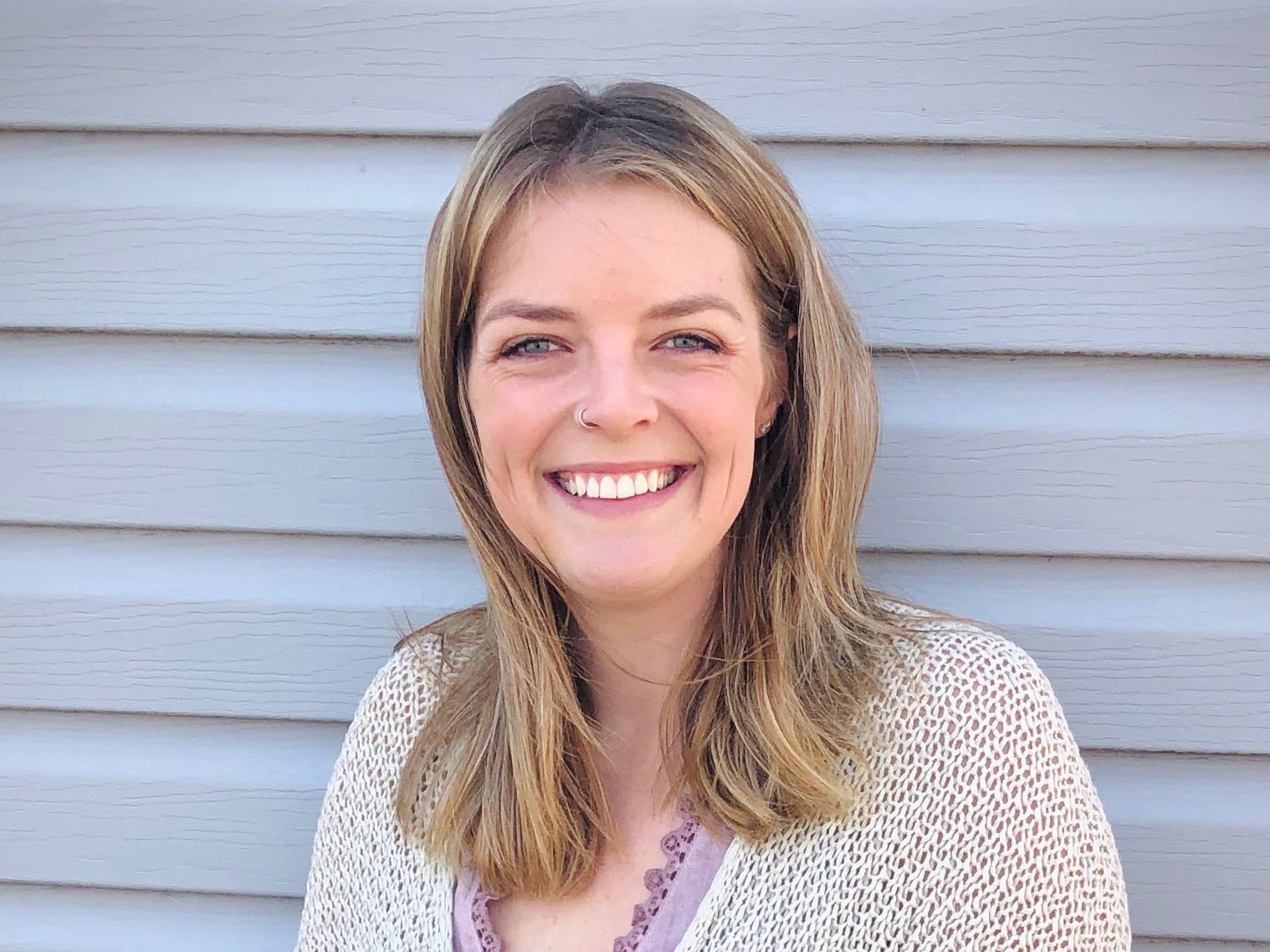
- Across the country, rates of adenovirus, parainfluenza, and RSV are on the rise.
- These viruses can cause cold-like, or even COVID-like symptoms.
- Experts say it's still important to wear masks, especially with the more transmissible Delta variant of COVID-19.
- Visit Insider's homepage for more stories.
Over the Fourth of July weekend, 23-year-old Ryley Oliver woke up with swollen and scratchy throat – the same symptoms she had when she tested positive for COVID-19 in August 2020.
"I kind of panicked a little bit in my head. I was like 'Oh wow, not again,'" Oliver, who's been fully vaccinated since April 8, said.
Oliver went to an urgent care to get tested for COVID-19 and strep throat. "I just wanted to be safe just because I have three roommates and it's a common courtesy to them," Oliver said.
To her relief, she was negative for both.
The physician's assistant who treated her said she's hardly alone: with people mingling again, the common cold is making a comeback.
One positive aspect of the pandemic was that other viruses went into hiding - flu rates, for example, plummeted. Between October 1 and January 30, only 155 Americans were hospitalized with the flu, down from 8,633 during the same time in the previous year.
But as we start to socialize in person without masks, a cluster of more mild, familiar viruses have been on the rise across the country.
The return of RSV, parainfluenza, rhinovirus, and adenovirus
Trevor Bedford, a computational biologist at the Fred Hutchinson Cancer Research Center, has been tracking respiratory viruses in Seattle. "The short answer is that we're just starting to see a return of other respiratory viruses (adenovirus, parainfluenza, seasonal coronavirus), but they're still at very low levels and seem to still be lower at this point than the typical Seattle summer," Bedford told Insider in an email.
One Medical, a virtual and in-person primary care practice, saw a 64% increase in cold and flu concerns from patients through it's "Treat Me Now" app in June compared to the previous three months.
Dr. Jennifer Shu, a pediatrician and coauthor of Heading Home With Your Newborn: From Birth to Reality, said she's been seeing a rise in respiratory syncytial virus (RSV) since March 2020, which usually strikes in the winter. "It's like everything got shifted by maybe four or five months," Shu said.
Shu's also seeing risings rates of parainfluenza, rhinovirus, and adenovirus, saying kids are now getting a slew of viruses because they didn't build up immunity during the pandemic. "They haven't been exposed to a lot of the common cold viruses that normally kids get and developed some immunity. Or at least temporarily," Shu said.
In North Carolina, there's been a rise in RSV and parainfluenza among kids, too, according to a respiratory surveillance report.
A COVID-19 scare turned out to be the common cold
Oliver was relieved to have a common cold - she knew that breakthrough infections (getting COVID-19 after being fully vaccinated) are possible, especially with the presence of the more transmissible Delta variant in the US.
Nearly a week later, she is still feeling every symptom of the common cold - congestion, aches, fatigue - but she's still grateful to not have COVID-19, especially after the hard time she had quarantining when she got COVID-19 last year.
"Being a social person, I was living by myself at the time so I was really really alone, and just spending 10 days straight with myself was harder than I thought it would be," Oliver said.
